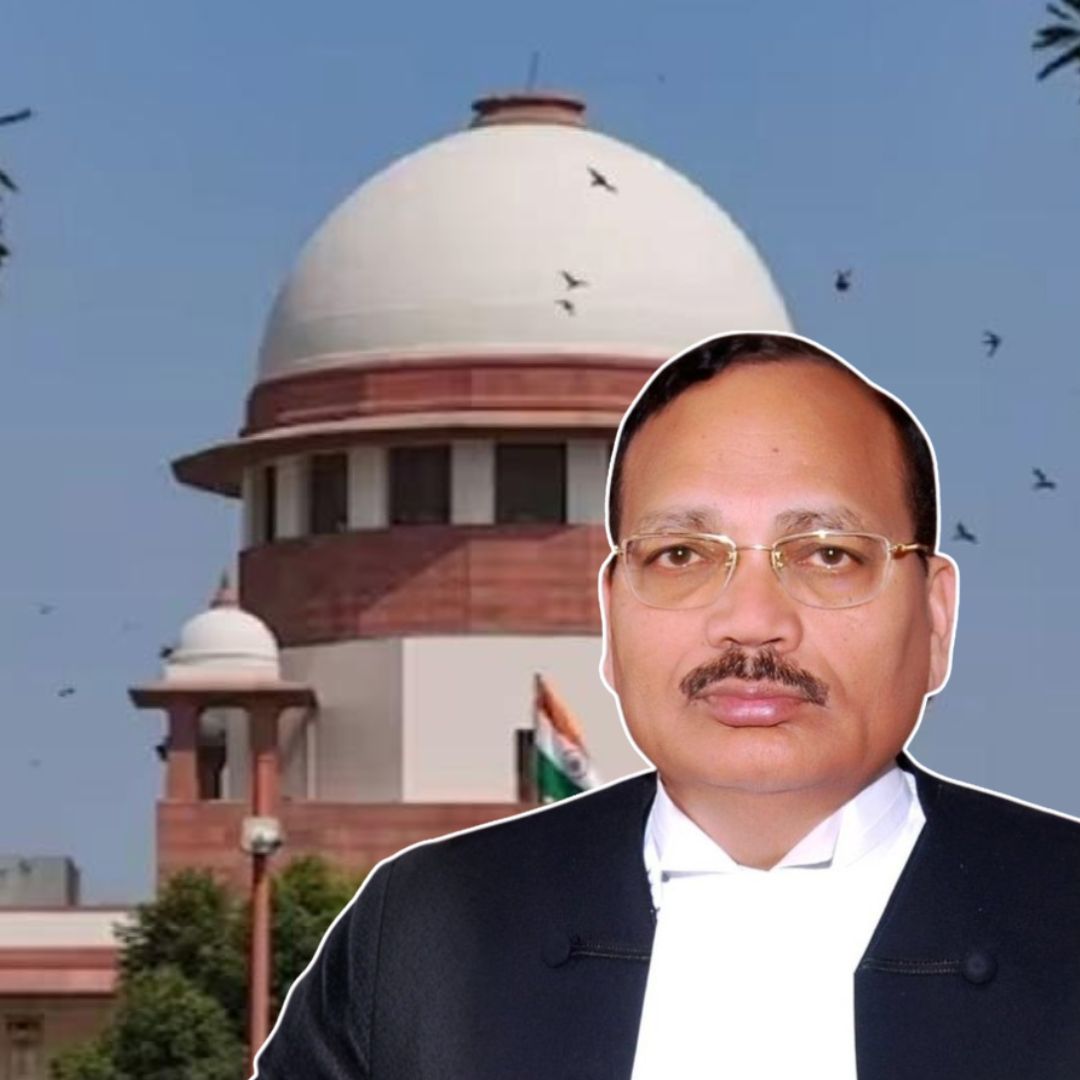Justice Surya Kant has been appointed as the 53rd Chief Justice of India, taking office on November 24, 2025, succeeding Chief Justice BR Gavai, who retires on November 23.
His tenure will last until February 9, 2027. President Droupadi Murmu signed the warrant of his appointment following a recommendation from the incumbent Chief Justice. Union Law Minister Arjun Ram Meghwal applauded the smooth transition, affirming the significance of this appointment for the Indian judiciary.
Early Life and Legal Career
Born on February 10, 1962, in Petwar village in the Hisar district of Haryana, Justice Surya Kant comes from a modest, middle-class family. He completed his graduation from Government Post Graduate College, Hisar, and earned his law degree in 1984 from Maharishi Dayanand University, Rohtak.
Starting his legal career in district courts at Hisar, he moved to practice in the Punjab and Haryana High Court by 1985, specialising in constitutional, service, and civil law. His competence earned him the distinction of youngest Advocate General of Haryana in 2000, and he was designated a Senior Advocate in 2001.
Justice Surya Kant’s judicial approach is marked by a strong emphasis on balancing individual rights with societal interests, reflecting a nuanced understanding of law’s role in social governance. He has actively addressed issues like digital rights and freedom of speech, notably presiding over cases involving online content regulation and social media expressions.
His judgments often highlight the importance of responsibility in exercising fundamental freedoms while promoting gender justice by advocating reservations for women in legal institutions. Known for tackling corruption and ensuring transparency, Justice Kant has directed probes into financial frauds and emphasized safeguarding public trust in governance.
Judicial Ascendance and Key Roles
In 2004, Justice Kant was appointed as a permanent judge of the Punjab and Haryana High Court, where he served for over 14 years.
In October 2018, he was sworn in as the Chief Justice of the Himachal Pradesh High Court. The following year, in May 2019, he was elevated to the Supreme Court of India. Throughout his judicial career, he has been involved in significant cases including the upholding of the abrogation of Article 370 and landmark rulings on electoral transparency, gender equality in legal professions, and human rights protections.
Currently, he serves as the Executive Chairman of the National Legal Services Authority (NALSA) and holds other key positions within legal institutions, contributing extensively to legal reforms.
Appointment Amidst Judicial Reform Challenges
Justice Surya Kant’s upcoming tenure comes at a time when the judiciary faces pressing reform and transparency demands. His appointment follows constitutional conventions, being the senior-most Supreme Court judge after Chief Justice BR Gavai.
Known for blending legal precision with social empathy, Justice Kant’s judicial decisions reflect a commitment to protecting the rights of marginalised groups, upholding the rule of law, and modernising legal frameworks.
He brings a well-rounded perspective shaped by decades of judicial experience and academic excellence, underscoring the continuity and stability expected in India’s apex court leadership.
The Logical Indian’s Perspective
The appointment of Justice Surya Kant as Chief Justice marks a positive step reinforcing India’s judiciary as a bastion of constitutional values, fairness, and justice. His record resonates with The Logical Indian’s mission to promote empathy, kindness, and harmony through the legal system.
As India navigates complex social and constitutional challenges, the judiciary’s evolution under such principled leadership is vital. It invites reflection on how judicial processes can continue to uphold democratic integrity while embracing reform.
Press Communiqué
— PIB India (@PIB_India) October 30, 2025
In exercise of the powers conferred by the Constitution of India, the President is pleased to appoint Justice Surya Kant, Judge of the Supreme Court as the Chief Justice of India with effect from 24th November, 2025.
Born on 10 February 1962 in the village… pic.twitter.com/IOER2bY87g











